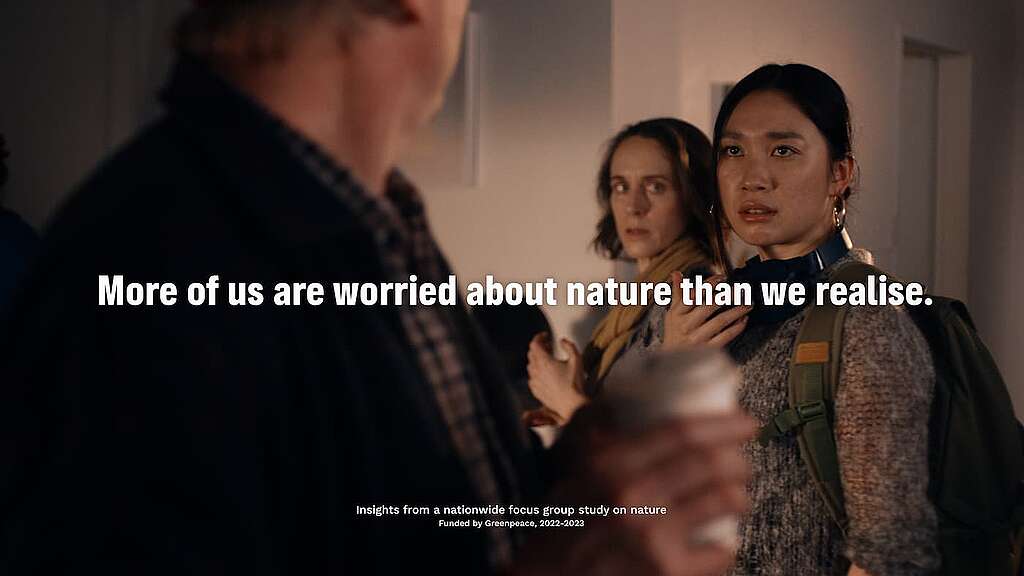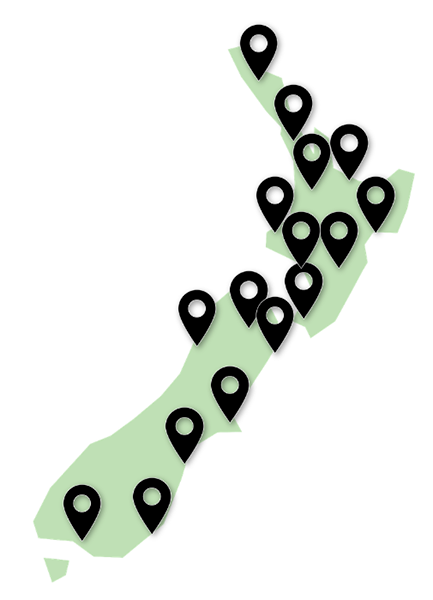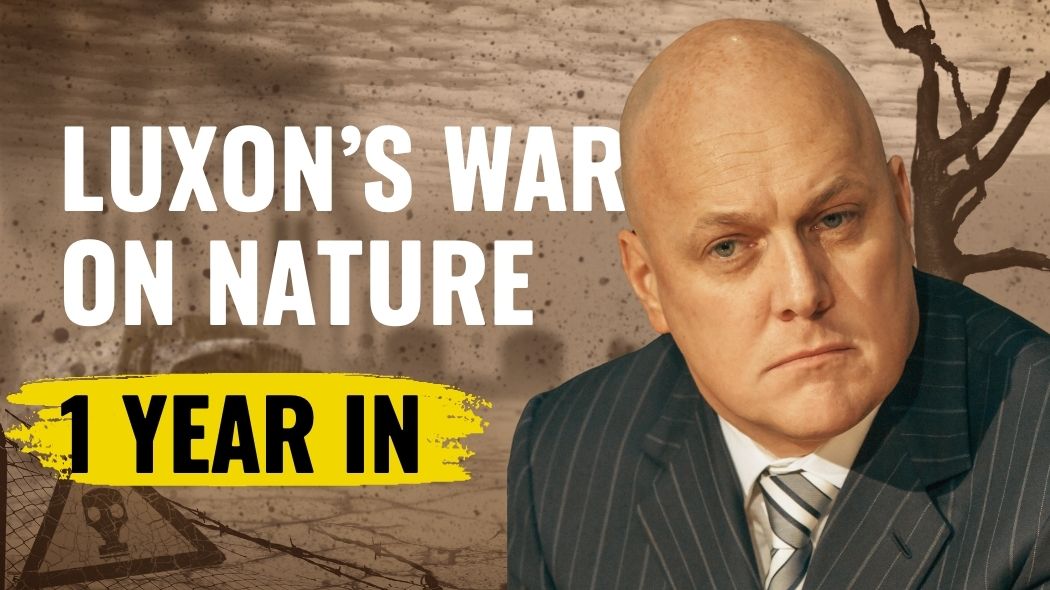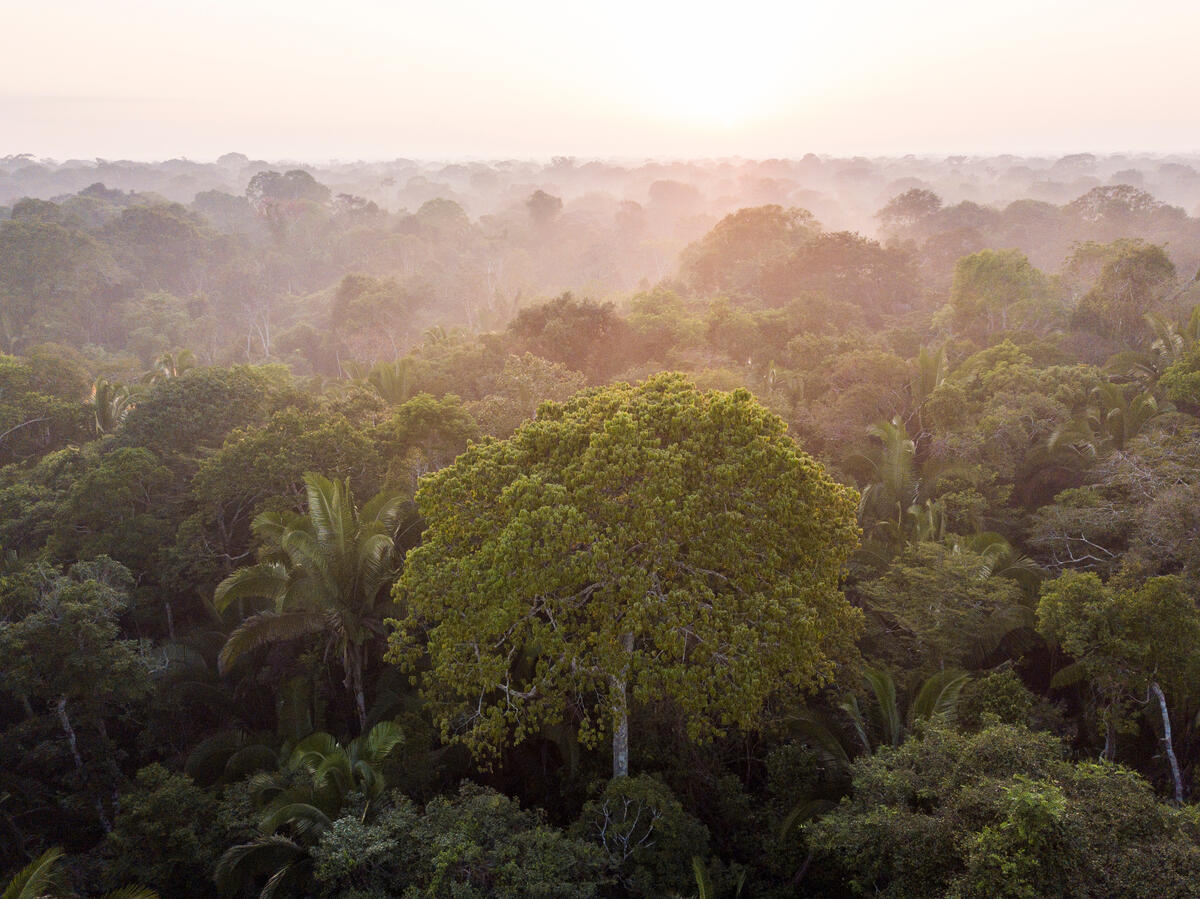A recent study reveals more New Zealanders are worried about nature than we realise, yet feel alone in their concerns and are afraid to speak up.
A team of researchers ran a series of focus groups across the country exploring how people living in Aotearoa New Zealand understand and connect to nature. Between July 2022 and June 2023, the researchers met with groups of people from different walks of life to hear their stories. Dr. Ranmalie Jayasinha and Dr. Abby You discuss the study and its surprising findings.
What did we find?

During the sessions, we asked people how they think and feel about nature and how they connect to nature in their lives. Unprompted, people across the country shared with us their worries about the breakdown and loss of nature. They opened up about feeling powerless at their ability to personally respond and overwhelmed by the scale of the problems. They told us that they want meaningful action and leadership on environmental issues. Yet, they expressed often feeling reluctant to share these concerns openly as they perceived others to not care and thought they may be judged or dismissed for speaking up.
Why is this surprising?
We focused on asking people about their general ideas and experiences, for example, what words they use to describe nature and meaningful experiences they had in nature. Thus, we were very surprised when people spontaneously shared their deeply-held concerns about nature without us trying to prompt or elicit this feedback. Regardless of location or who was in the group, people consistently talked about their worries, and there was an overwhelming sense of agreement within and across the groups.
We worked hard with this research to ensure we had a range of people and perspectives. We worked with external recruiters to ensure the sample included voices that had lower levels of engagement with environmental issues, as well as those with higher environmental concern – but across the board we still heard the same message.
Why is this such a valuable insight?
Focus groups are a well-established qualitative method for understanding shared attitudes, feelings, beliefs and experiences. Through our study, we were able to bring together people from different walks of life and provide them with the time and space to speak without judgement about their fears, concerns and hopes.

We talked to 89 people from rural and urban locations across Aotearoa New Zealand.
This sample size was appropriate for a qualitative study, as the goal is to identify consistent patterns and uncover “why” people think and feel the way they do. We recruited broadly from the general population (including people from different socio-cultural backgrounds including age, gender, ethnicity and socioeconomic status). With this sample size, composition and number of focus groups we were able to establish data saturation. This means that when gathering the data we identified the same themes coming up, repeatedly across groups, reliably indicating that this was an established pattern, which we would see if we continued to conduct more focus groups with similar people.
Notably, people did not start the sessions by expressing these ideas, but gradually opened up about what was on their minds as they had the chance to listen to each other and realise their shared concerns. We were able to identify the degree of consensus within and across the different groups as it organically emerged, without pushing any particular viewpoint. Such nuanced and complex information about what the public is thinking and feeling is not able to be captured by market research or simple polling.
Results from a representative population survey (N = 2025) that our research team conducted in May 2022 support our finding that concern for nature is strong and widespread throughout Aotearoa New Zealand. When asked to rate their environmental concern on a scale of 1 = “Not at all concerned about the environment” to 8 = “Very concerned about the environment,” 83.6% of respondents indicated that they are at least somewhat concerned (score of 5 or above), with an average score of 6.1 across the sample. Moreover, 25.1% reported that they were “very concerned” (a score of 8) about the environment. Together, our survey and focus group findings paint a clear picture—New Zealanders across the country are extremely worried about nature.
What do we hope will happen?
With elections happening, it is the time to talk with each other about the issues that are important to us. Through our focus group study, we discovered that more New Zealanders across the country are concerned about nature than people realise, but are afraid to speak up. Greenpeace Aotearoa has developed this short video inspired by our findings to share the message with the public. We hope that this insight encourages people to engage in open and judgement-free conversations and create a supportive community where everyone feels empowered to advocate for nature.
About the research team
This research was funded by Greenpeace Aotearoa. The research team is independent from Greenpeace Aotearoa’s issue campaigns and fundraising.
Dr. Ranmalie Jayasinha, is a public health practitioner and qualitative researcher with over ten years of experience working in academic and NGO settings. They have coordinated qualitative and mixed-methods research and knowledge translation projects in the fields of mental health and community development in Aotearoa New Zealand, Australia and Canada. They are the Qualitative Researcher leading the national focus group study that this blog is about.
Dr. Abby You, is a qualitative researcher and educator with over six years experience working in the field of education. She has undertaken research and teaching in academic and school-based settings in China and Aotearoa New Zealand. She is the Research Assistant for the national focus group study that this blog is about.
Dr. Jess Aitken, is a quantitative research psychologist experienced in conducting large, longitudinal studies in both academic and NGO settings. Her research interests lie chiefly in the fields of social development and environmental attitudes and beliefs. She is the Research Manager on the broader project of which this focus group study was a part.



